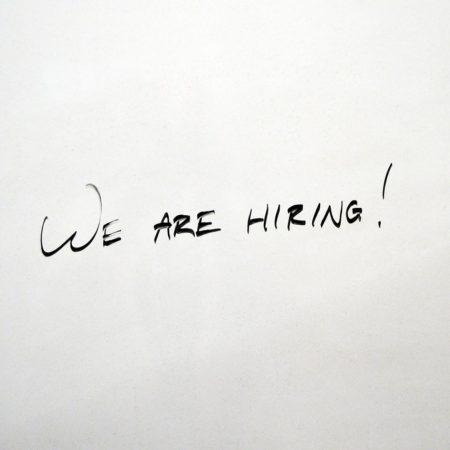Hiring employees is a major part of most businesses and doing it right is something you should be well aware of how to do in advance of any such plans. With that in mind, we are going to look at some of the things that you should be doing when it comes to hiring staff with a small glance at some of the pitfalls to avoid. Remember, hiring employees is good if you can afford to do it but don’t run before you can walk.
Legal Requirements
First of all, we should address one of the biggest challenges when hiring employees. Quite often this is thought to be getting the right staff, which is an issue in itself, but the last thing your business or you need is to fall foul of the law. There are a number of laws that you must adhere to from national level down to local laws. Some of these include not discriminating against someone based on any number of factors such as ethnicity, religion or gender, observe rules with regards to minimum wage and follow tax laws.
While all of these laws are vital for you to bear in mind when hiring, that last one comes with many different offshoots that you will need to be aware of. Around the world, tax is one of the great challenges for businesses and as a result governments offer all sorts of schemes to assist with ensuring it gets paid corrects, such as the Construction Industry Scheme that helps contractors. Before starting your hiring process you should take the time to investigate what help you can get through your governing bodies such as grants or other schemes.
Hiring
Aside from the legal side of hiring staff, there is the actual process of bringing other people into your business. This is a multi-step process that you should be prepared to exhaust to the nth degree in order to ensure the right person or persons are hired.
For starters, a clear and direct job description will help the applicant know exactly what they are applying for and save you a lot of time in sifting through curriculum vitaes. The more broad your description the more likely it is that someone without the skills required to assist your business will clutter your applications. This isn’t just time-consuming but can give you hiring fatigue which might lead you to miss out on the best candidate through apathy to the process.
Once you are confident on who you would like to interview, the next step is to prepare a thorough interview process that both cuts to the bone of the job, but doesn’t scare the interviewee away. You want to be sure that you are hiring the person who deserves the role and you don’t want them to get the wrong impression about you or your company.
